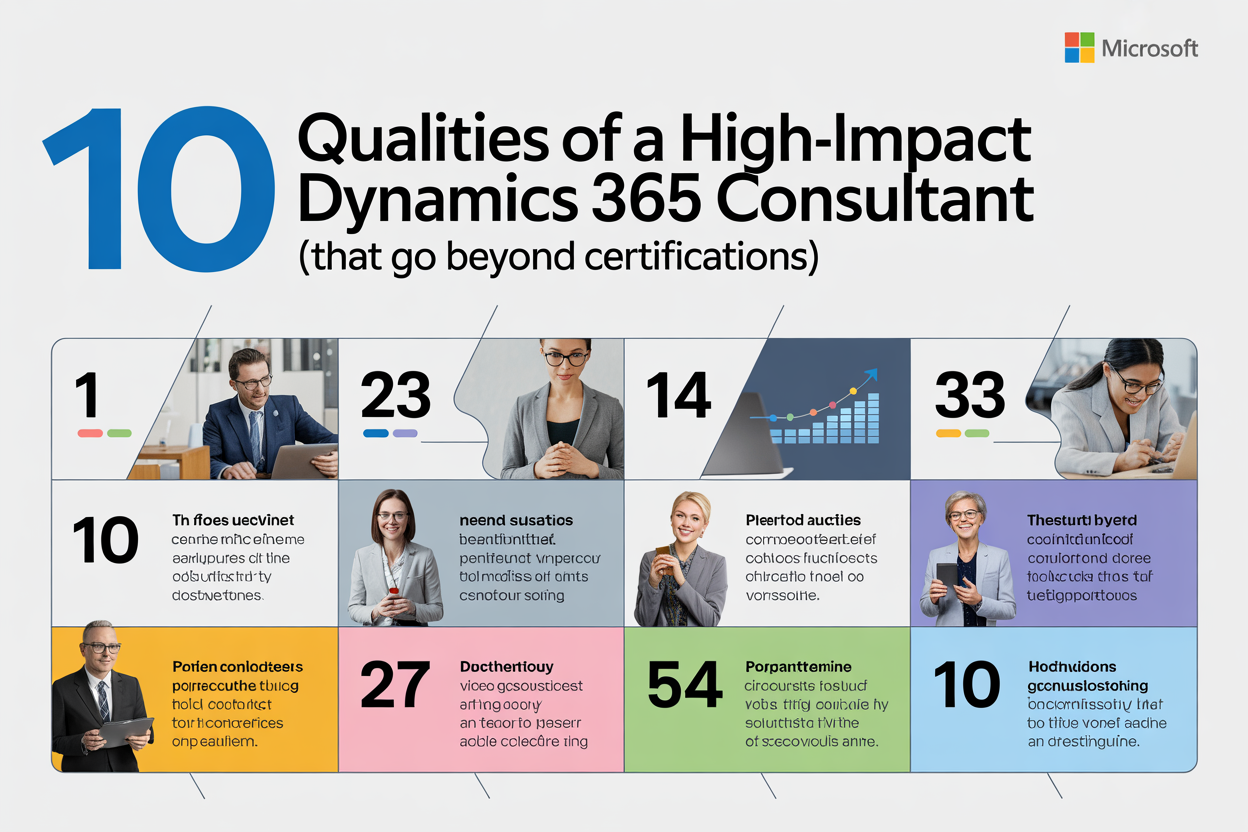Accurate time tracking is crucial for efficient workforce management. It ensures compliance with labor laws, improves payroll accuracy, and enhances operational productivity. Consulting with professionals like an employer defense attorney can help employers navigate the legal intricacies of time tracking and wage disputes. This guide delves into the importance of accurate time tracking, compares traditional and modern methods, and outlines best practices for seamless implementation.
Why Accurate Time Tracking Matters
Payroll Accuracy and Trust
Accurate tracking of employee hours directly impacts payroll processing. Proper logging prevents overpayments or underpayments, fostering trust and morale among employees. A fair system of time tracking strengthens long-term workforce satisfaction.
Legal Compliance
Accurate records are essential for compliance with labor laws. Non-compliance can lead to penalties, disputes, and reputational harm. For businesses in California, partnering with a PAGA defense attorney in San Diego is especially important to navigate the Private Attorneys General Act (PAGA) requirements and avoid wage-related lawsuits.
Operational Efficiency
Accurate time tracking reveals productivity trends and operational bottlenecks. Businesses can leverage this data to optimize workflows, allocate resources effectively, and enhance overall efficiency.
Methods for Tracking Employee Hours
Traditional Time Tracking Methods
- Manual Timesheets
Pros: Simple and flexible.
Cons: Error-prone, time-consuming, and often inaccurate. - Punch Clocks
Pros: Cost-effective and straightforward.
Cons: Unsuitable for remote work, vulnerable to fraud, and limited in functionality.
While traditional methods are affordable, their drawbacks make them less reliable for modern workplaces.
Modern Time Tracking Methods
- Employee Time Tracking Software
Features: Real-time tracking, automated error minimization, detailed reporting, and payroll integration.
Benefits: Scalability, streamlined operations, and enhanced accuracy. - GPS-Based Tracking
Features: Location monitoring for remote employees.
Challenges: Requires consent and raises privacy concerns. - Mobile Apps
Features: User-friendly and flexible.
Challenges: Dependent on battery life and internet connectivity.
Businesses that prioritize inclusive workplace solutions can benefit from exploring Accessibility in Tech to ensure their time-tracking systems are user-friendly for all employees, including those with disabilities.
Best Practices for Accurate Time Tracking
1. Establish Clear Policies
Create and document clear time-tracking policies. Include procedures for clocking in/out, tracking breaks, and recording overtime. Disseminate these policies through employee handbooks, training sessions, and regular reminders.
2. Provide Training and Support
Educate employees on the importance of accurate time tracking. Offer training on using the system effectively to minimize errors and improve adoption.
3. Standardize Processes
Consistency is key. Implement a uniform time-tracking procedure across the organization to avoid confusion and ensure accurate data collection.
4. Leverage Technology
Invest in automated time-tracking tools with features like:
- Real-time data capture.
- Automated reminders.
- Geolocation tracking.
- Payroll system integration.
5. Promote Accountability
Encourage employees to take responsibility for their time entries. Highlight how accurate tracking supports fair compensation and operational success.
6. Maintain Open Communication
Discuss time tracking practices with employees and address concerns promptly. This transparency fosters trust and increases compliance.
Advanced Time Tracking Insights
Manual vs. Automatic Tracking
Manual systems require active input, offering more control, while automated systems operate seamlessly in the background. Both have their advantages depending on the nature of work.
Tracking Non-Billable Activities
Log non-billable hours for tasks like internal meetings or research. This data offers insights into resource allocation and improves project cost estimation.
Project-Based Time Organization
Categorize time entries by projects or tasks. Use labels or tags to enhance analysis and improve project management.
Effective Use of Timer Features
Modern tools include helpful features like:
- Idle Detection: Prevents inaccuracies during inactivity.
- Pomodoro Timers: Boosts productivity with structured intervals.
- Automatic Start/Stop: Simplifies clocking in and out.
Management and Administration Tips
- Transparency: Allow employees to access their tracking data for improved accountability.
- Data Integrity: Lock timesheets after a defined period to prevent unauthorized edits.
- Naming Conventions: Use consistent labels for tasks and projects to streamline categorization.
- Audits: Regularly review time-tracking data for accuracy and address discrepancies promptly.
Frequently Asked Questions (FAQs)
What is the best method for tracking employee hours?
Modern solutions like time-tracking software are ideal for real-time accuracy, while mobile apps offer flexibility.
How can I ensure employees comply with time-tracking policies?
Communicate policies clearly, provide training, and use automated reminders to maintain compliance.
Should I track non-billable hours?
Yes, it provides valuable insights into internal processes and improves overall resource management.
What if employees forget to track their time?
Use tools with reminders and idle detection to minimize missed entries.
How do I address privacy concerns with GPS tracking?
Ensure transparency, obtain consent, and comply with privacy laws.
Can time tracking data be used for performance reviews?
No, it’s best used for process improvement rather than individual performance evaluations.
Conclusion
Accurate time tracking is vital for payroll accuracy, legal compliance, and operational efficiency. By adopting modern solutions, establishing clear policies, and following best practices, businesses can create a culture of accountability and transparency. This ensures fair compensation for employees while driving organizational success.
Sign up for our Daily newsletter
We'll be in your inbox every morning Monday-Saturday with all the day’s top business news, inspiring stories, best advice and reporting from Entrepreneur,


